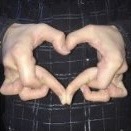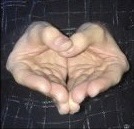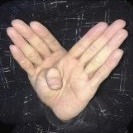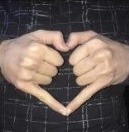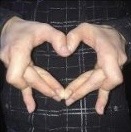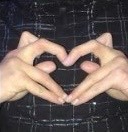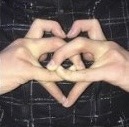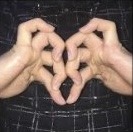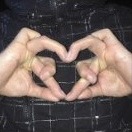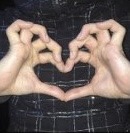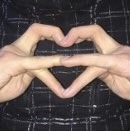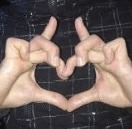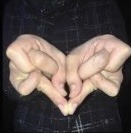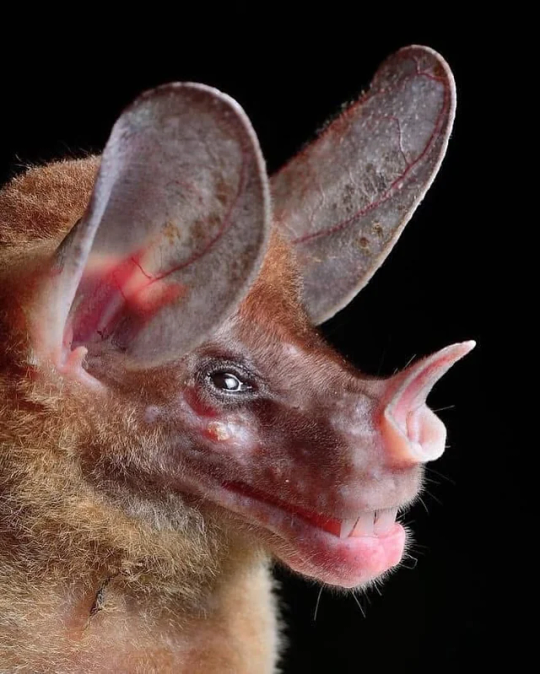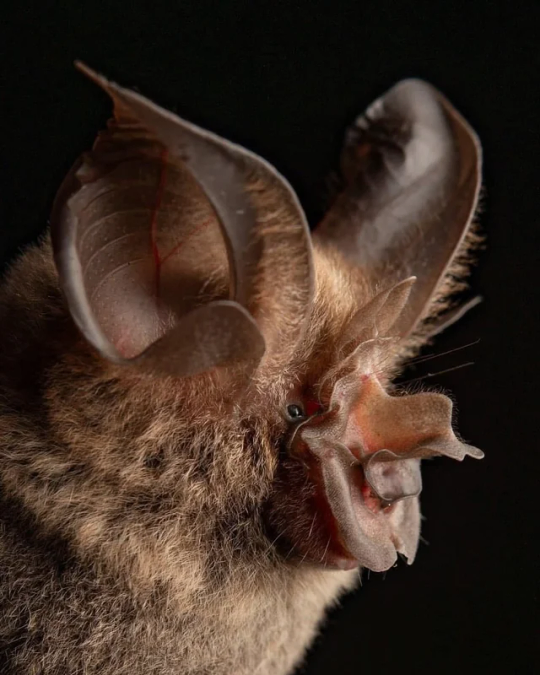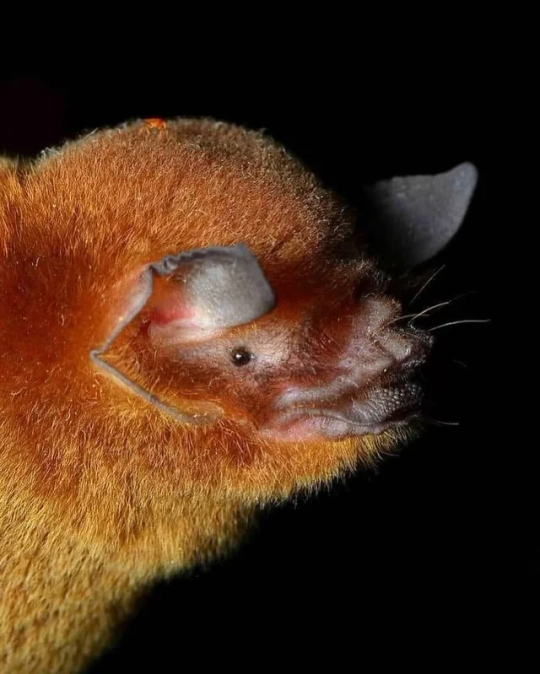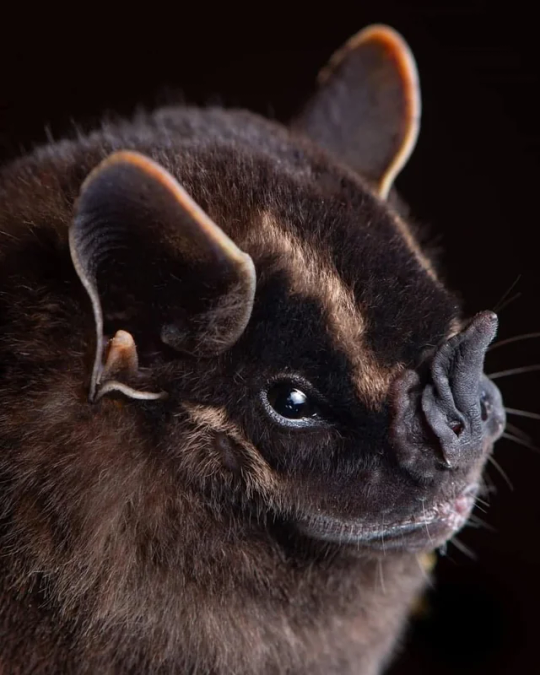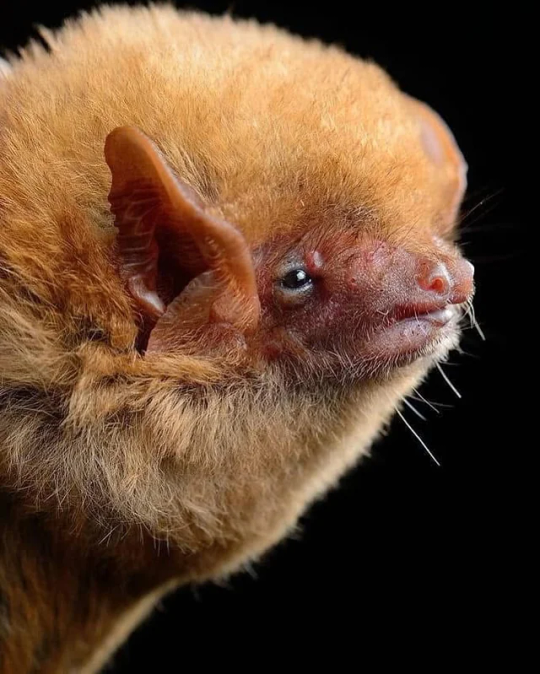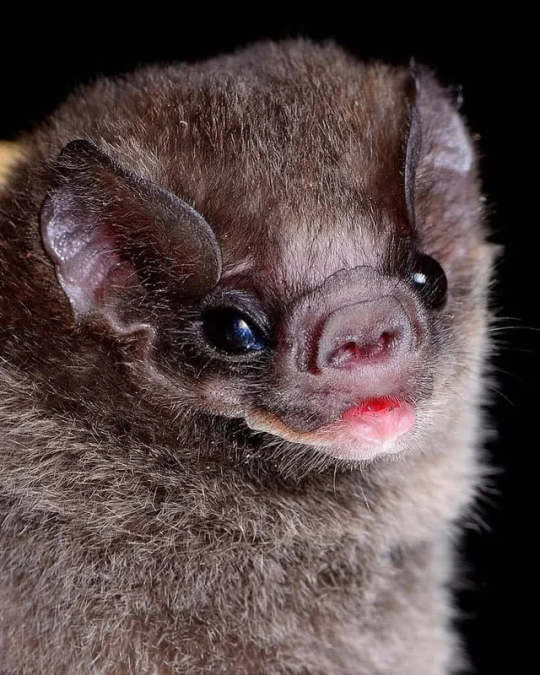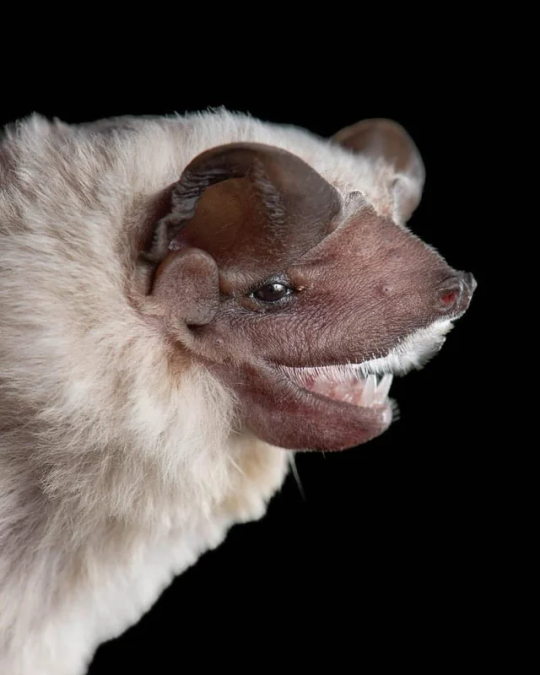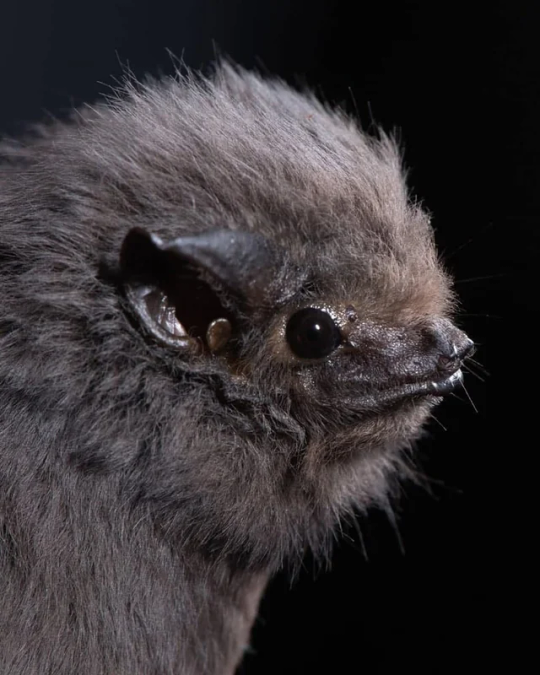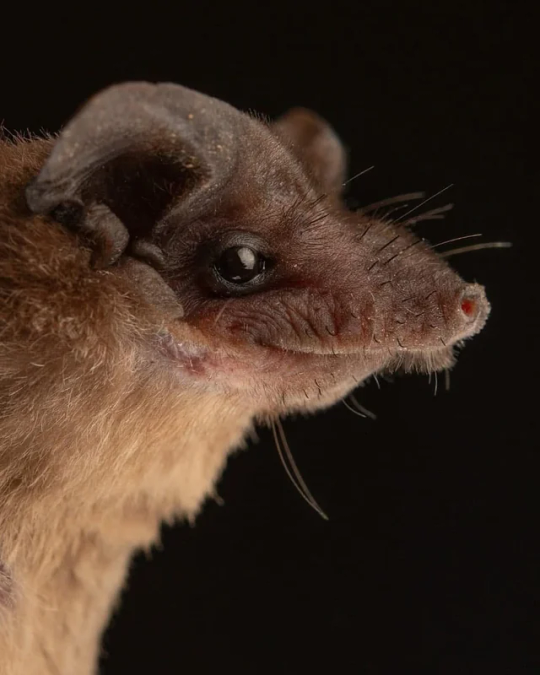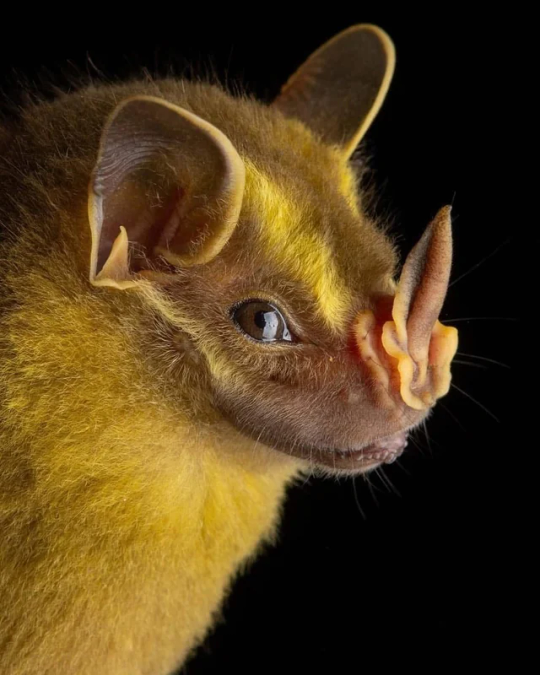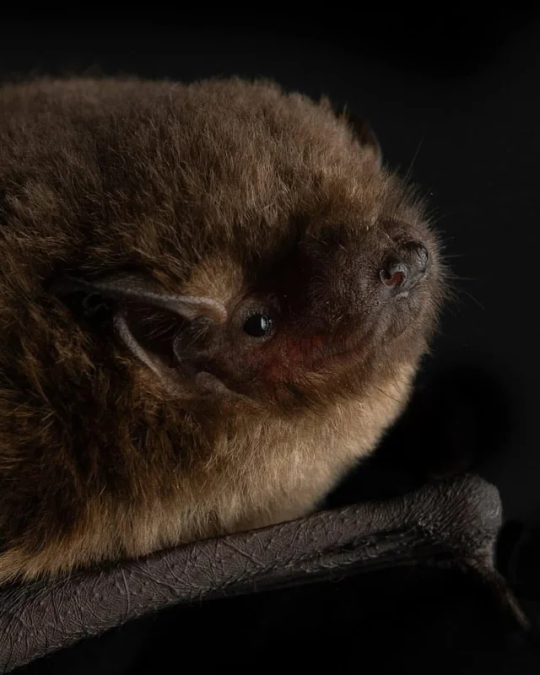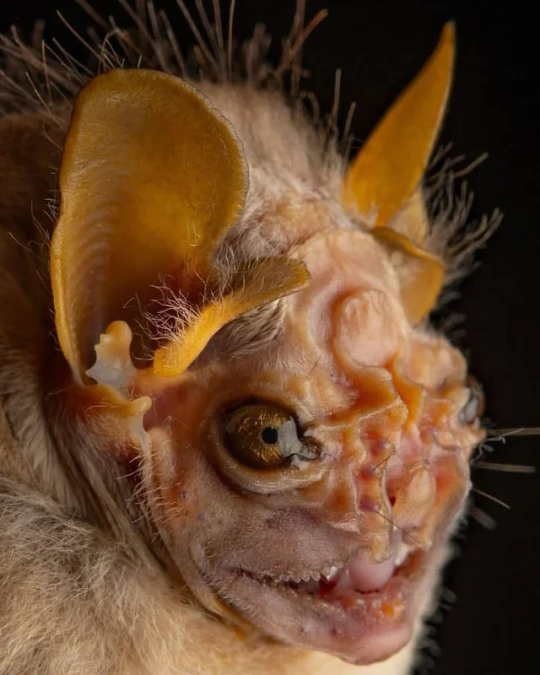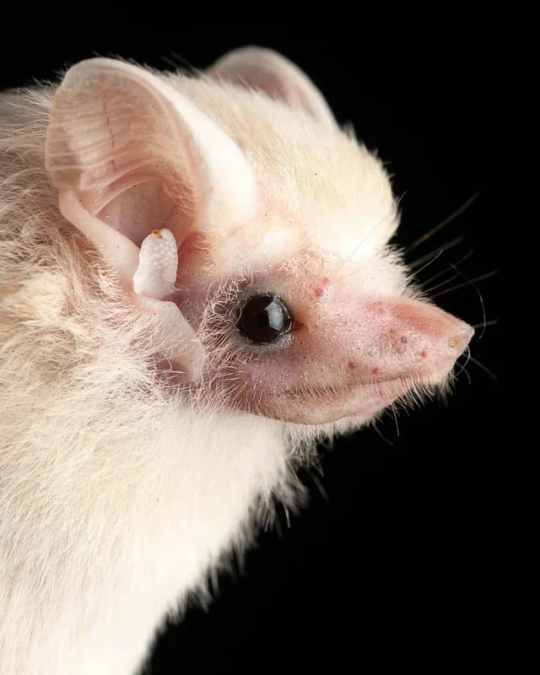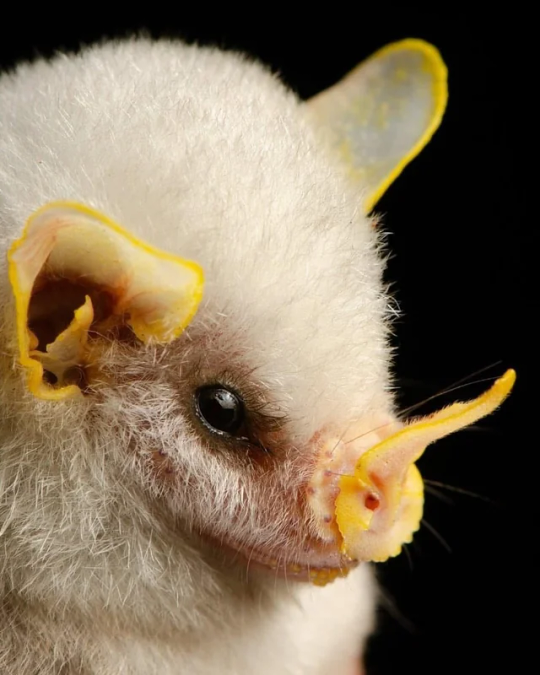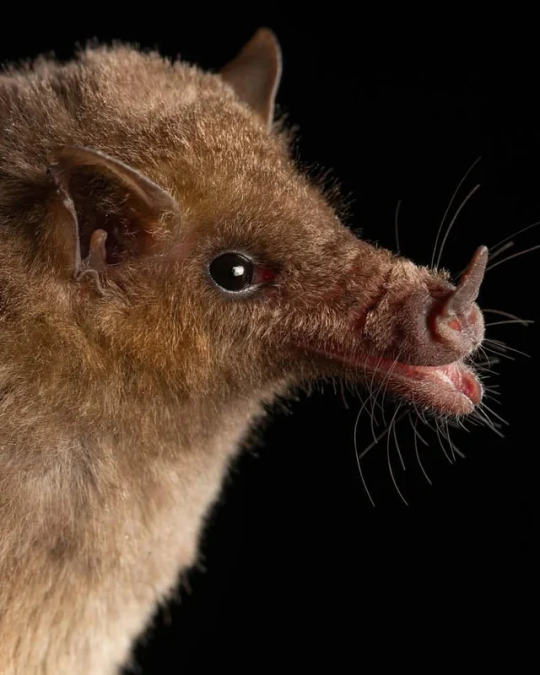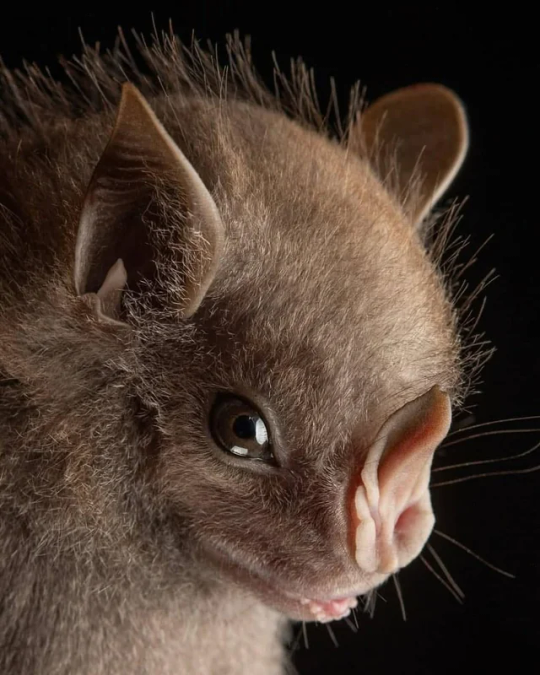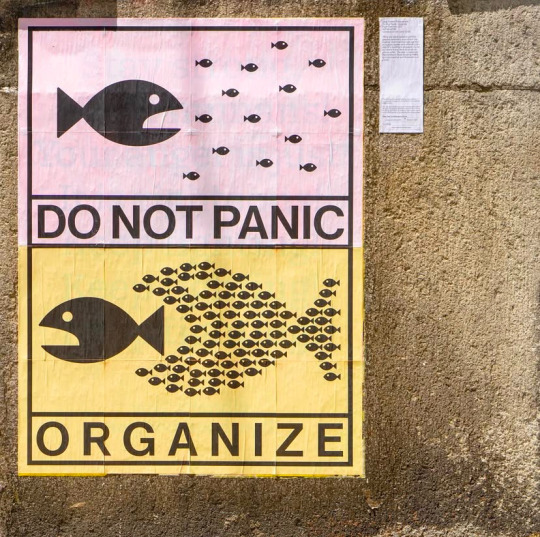Photo


Hananuma Masakichi
When this Japanese artist learned he was dying from tuberculosis, he decided he wanted to leave a parting gift to the woman he loved. He decided to make her a life-like statue of himself that ended up looking so real it was hard to tell the real Hananuma from the statue when they stood next to each other.
He made each body part separately using dark wood which was painted and lacquered to match his skin tone. He made a tiny individual hole for every pore in his body, then plucked out his own hair (everywhere) and inserted into the exact position in the statue. He removed his own teeth, finger and toe nails which he also placed on the statue. For a final touch he gave the statue his glasses and clothes.
He lived another 10 years and ironically died of poverty (despite his talent) in 1895. You can go see this statue at London Auditorium.
7K notes
·
View notes
Photo

Jellyfish Sprite
Red sprites or the tentacle-like spurts of red lightning in the sky during a storm are sometimes referred to as Jellyfish Sprite (because of their shape). There are also some that are vertical columns of red light and those are called carrot sprites.
They are ultra fast electricity traveling through the atmosphere towards space and are extremely rare (they last a tenth of a second). They can also be seen from space.
The picture above was captured on Mt. Locke in Texas (July 2nd, 2020) by Stephen Hummel.
5K notes
·
View notes
Text

Dawid Czycz — Banana Republic (oil on canvas, 2022)
94 notes
·
View notes
Text


Israeli terrorists are openly gunning down journalists in the West Bank.
(source)
387 notes
·
View notes
Text

Utagawa Kuniyoshi , "Fashionable Octopus Games" 1840
2K notes
·
View notes
Text
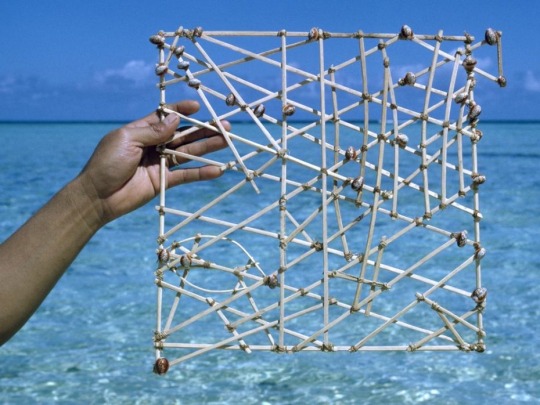
Polynesians did also rely on a form of a physical map called a stick chart, illustrating the specific wave and swell patterns surrounding different island chains. These were particularly helpful during cloudy conditions when the sun and stars were less useful. To navigate the Marshall Islands, the Marshallese represented ocean swell patterns using parts of coconut fronds and shells as islands. Like a subway map, they don’t so much represent distances as they do relationships. The complex and decorative stick charts were often only understood by the person who made them. They were memorised before a voyage by the pilot who would lie on the floor of a canoe to get a sense of swell movement and often lead a squadron of 15 or more boats.
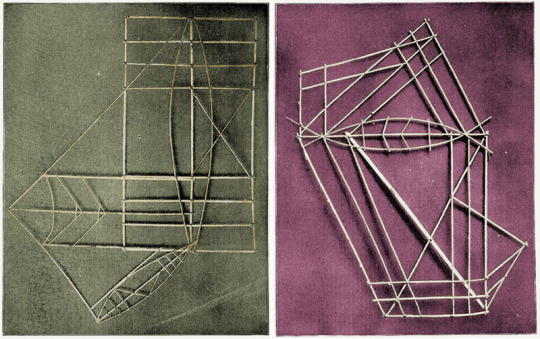
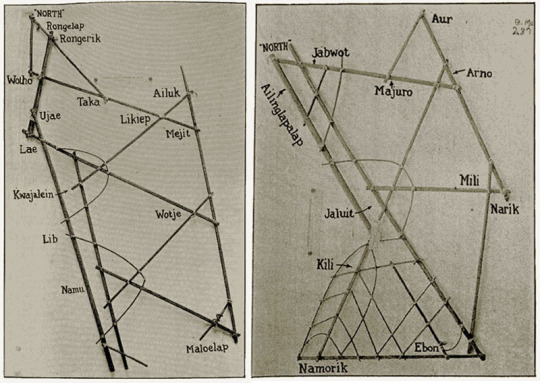
40K notes
·
View notes
Text
A family of cheetahs sleep with the forest guard every night. When the Forest Dept. heard about it, they decided to check the veracity of the claim by installing a CCTV camera. This is what the camera recorded! Just amazing.
Kitties will be kitties 🐈⬛
180K notes
·
View notes
Photo
puking

Hands are hard, not even AI can do them. I found this on my Facebook, enjoy.
2K notes
·
View notes
Photo

Jelly Ear or Auricularia auricula-judae is species of edible Auriculariales fungus found worldwide.
3K notes
·
View notes



